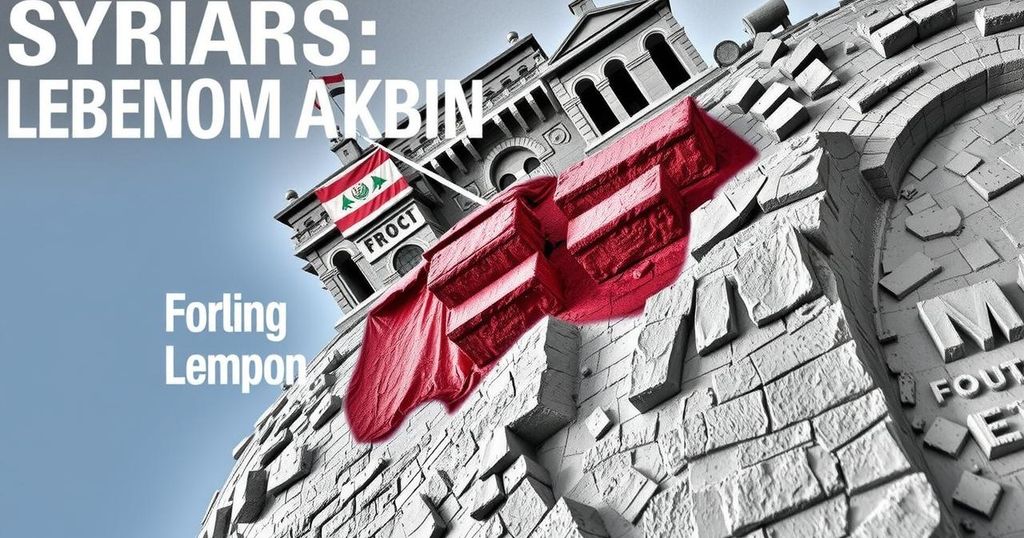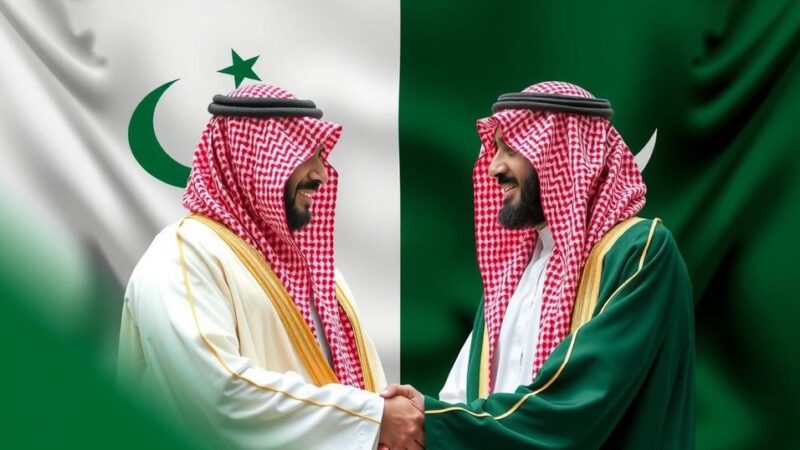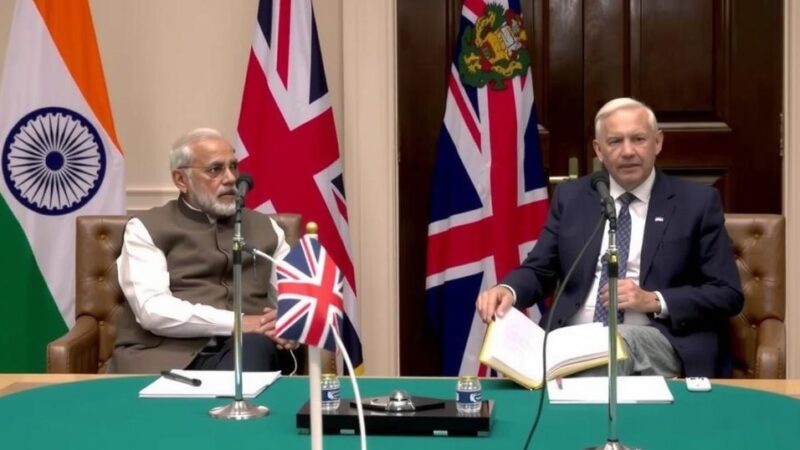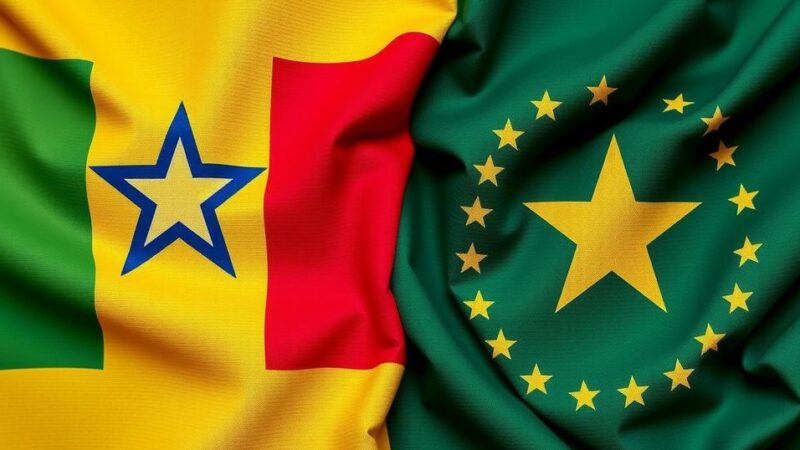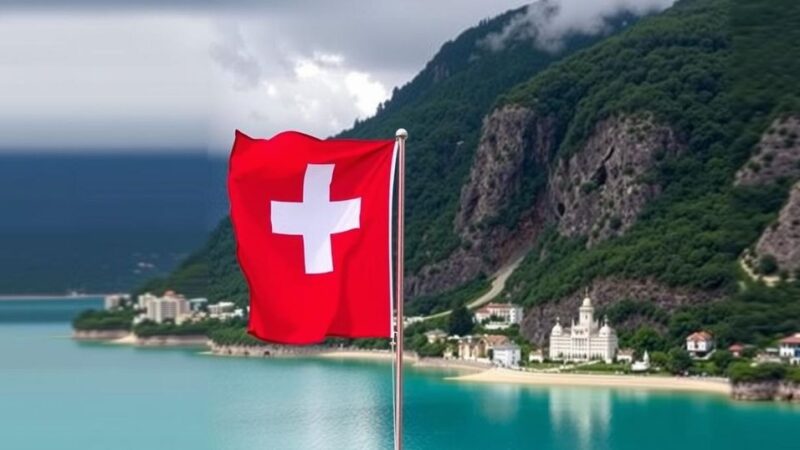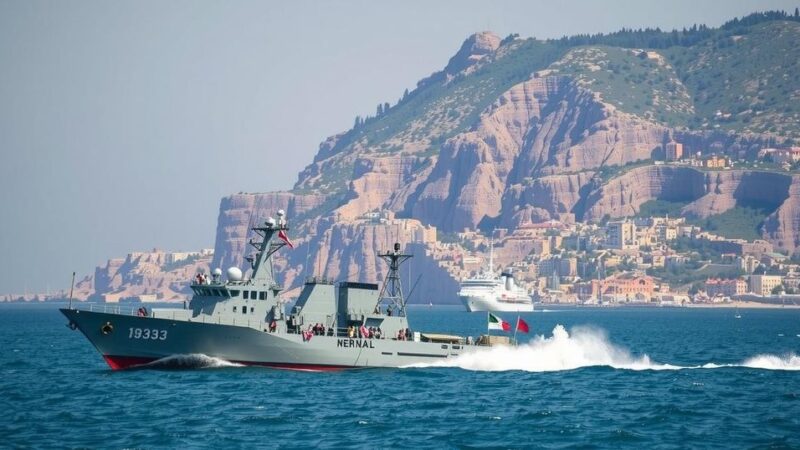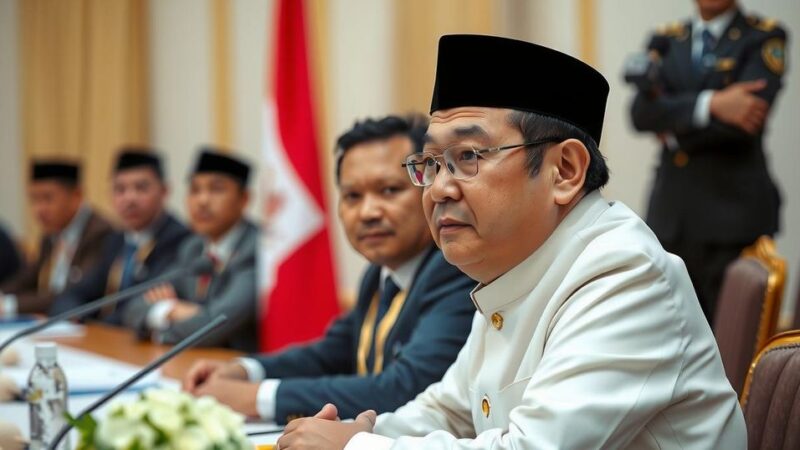The earthquake in Syria has catalyzed a resurgence of activism within the Sunni community in Lebanon, culminating in protests demanding the release of Islamist prisoners. As Hezbollah faces significant challenges, the Sunni demographic seeks to assert its influence within Lebanese politics. Tensions between factions, particularly regarding military control and political representation, mark a critical period in Lebanon’s trajectory in the wake of Syria’s regime change.
The recent earthquake in Syria has not only impacted the Syrian population but has also reverberated through Lebanon, awakening the Sunni community. Following the collapse of the Assad regime, Sunni demonstrations erupted in Lebanon, particularly in areas such as Tripoli and Sidon, where demands for the release of Sunni prisoners have intensified. Sheikh Ahmad Shemali has emerged as a prominent figure, calling for amnesty for incarcerated Sunni Islamists amid the backdrop of shifting power dynamics shaped by the jihadist group Tahrir al Sham.
As Hezbollah grapples with weakened influence after failures in its military campaigns, the Shiite community is facing an internal crisis. The discord between Hezbollah and the Lebanese Armed Forces, exemplified by the tense December 6 meeting between Gen. Joseph Aoun and Hezbollah’s Wafiq Safa, poses questions about the future of Hezbollah’s military presence. Amidst these developments, the potential candidacy of General Aoun for the presidency further complicates the political landscape.
The Christian community in Lebanon remains fragmented, with figures such as Jibran Bassil accused of colluding with Hezbollah, while rivals like Samir Geagea and Samy Gemayel struggle to present a united front. This division may hinder the ability to nominate a strong presidential candidate and presents an opportunity for the Sunni community to assert its influence in Lebanese politics.
The broader geopolitical implications of these shifts cannot be ignored as the Sunni regime in Syria may inspire irredentist sentiments within Lebanon. Lebanese politicians express concern about the resurgence of jihadist activities, recalling the traumatic memories of the Islamic State’s incursions in 2013. Nonetheless, the leader of the anti-Assad forces, Ahmad al Sharaa, has assured that there are no plans for interference in Lebanon, indicating a temporary respite from cross-border tensions, despite ongoing uncertainties in the region’s political landscape.
The events unfolding in Lebanon and Syria are deeply interlinked, with the aftermath of the Syrian civil war significantly impacting Lebanese community dynamics. Following the fall of Bashar Assad’s regime, various factions within Lebanon, particularly Sunni groups, sought to capitalize on the opportunity to challenge the prevailing Shiite hegemony led by Hezbollah. The call for the release of Sunni prisoners symbolizes a growing movement among the Sunni community, spurred by recent regional developments.
In conclusion, the political landscape in Lebanon is evolving against the backdrop of Syria’s recent upheaval. The Sunni community is increasingly vocal, demanding recognition and amnesty for their members, while Hezbollah navigates challenges to its authority. The interplay between regional geopolitics and internal divisions among communities signals a crucial period for Lebanon, where stability remains uncertain amid calls for change and renewed political engagement within the Sunni population.
Original Source: aurora-israel.co.il
